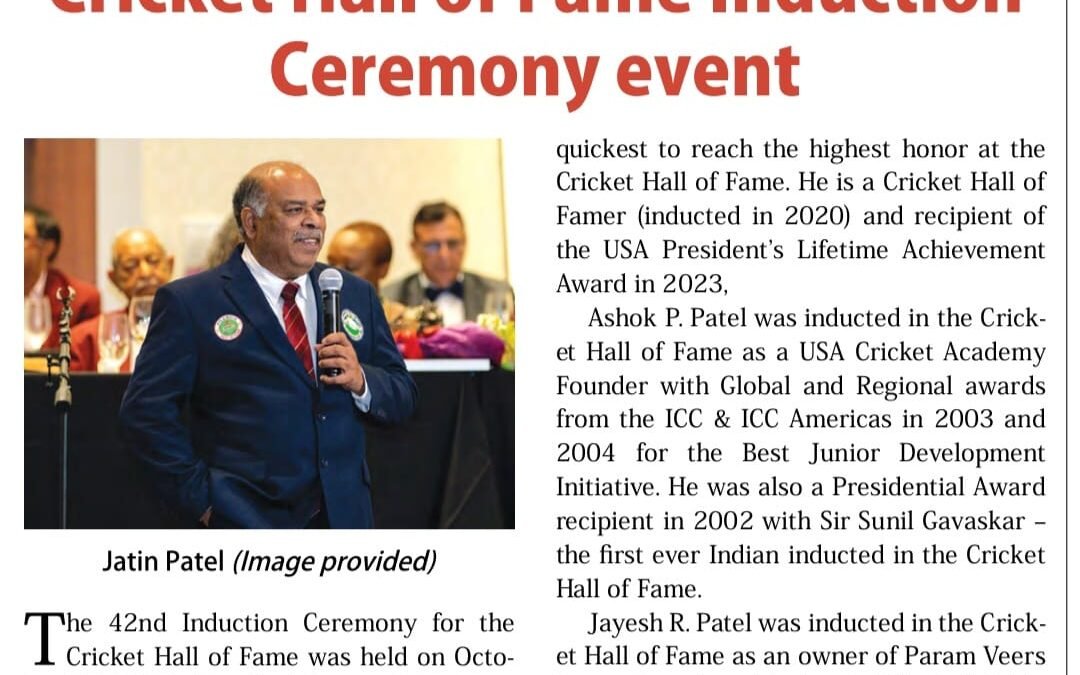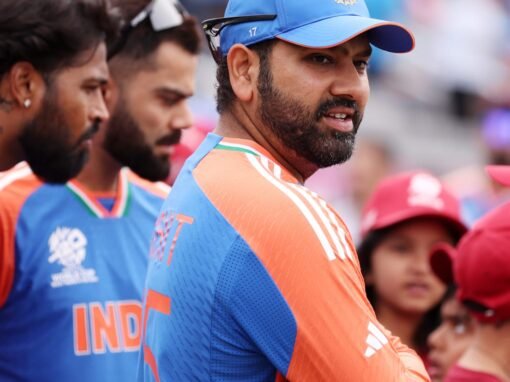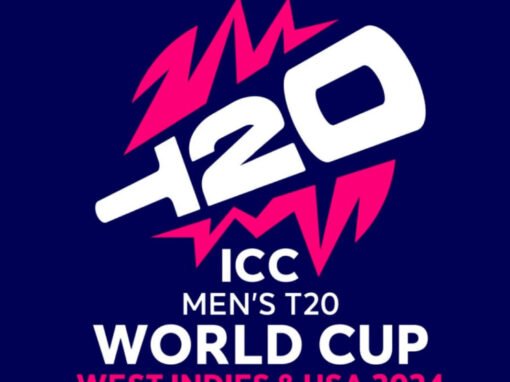USA upsets Bangladesh in historical Maiden T20 win
May 21, 2024
Hosts USA upsets visiting Bangladesh with a historical maiden T20 win.
International Cricket Council (ICC) full-member Bangladesh is in USA to play three T20 games here at the Prairie View Cricket Complex in Houston, Texas.
USA skipper Monank Patel asked the Bangladesh to bat first after winning the toss in the opening match of the three-match T20 International (T20I) series, Bangladesh compiled a competitive 153/6 at the end of 20 overs. Towhid Hridoy led the Bangladesh effort with a 47-ball 58 (4 x 4s & 2 x 6s) and was the last man out of the last ball of the Bangladesh innings. He received good support (67 run partnership for the fifth wicket in 7.2 overs) from the experienced Mahmudullah, who scored 31 off 22 balls (2 x 4s & one six). Steven Taylor of USA end up with the 2 wickets for 9 runs in 3 overs as most effective bowler.
The USA in response lost their skipper Monank Patel early to an unfortunate run-out at the non-striker’s end but were ahead of the game at the 10-over mark, having lost two wickets for 66 runs and end up winning the game by five wickets. Harmeet Singh (33*of 13 balls with 2 x 4s & 3 x 6s) and Corey Anderson (34* of 25 balls with 2 6s) starred for the USA men’s cricket team with 62 run unbeaten partnership in the historic win, given it was the first ever international fixture between the two nations.
Muztafizur Rahman provided early hopes for the Bangladesh with the twin strikes of Steven Taylor and Aaron Jones in the 12th over to bring the Bangladesh Tigers back into the game, and then evened it up conceding two sixes off his last two balls of the 18th, as Player of the match Harmeet Singh began his match-winning cameo as he clobbered three consecutive sixes which turn to be game changer.
Harmeet Singh & Corey Anderson forged 62-run unbroken partnership from just 27 balls at a right time when USA was in need for 60 more runs from 30 balls remained. Harmeet Singh scored the final winning boundary, after Corey Anderson, slammed two sixes, when it was needed badly to lower down required runrate and runs needed to win.
Brief Scores
Bangladesh 153/6 of 20 overs (Towhid Hridoy 58 (47), Mahmudullah 31 (22) / Steven Taylor 9/2 in 3 overs); lost to USA 156/5 of 19.3 overs (Corey Anderson 34* (25), Harmeet Singh 33* (13), Steven Taylor 28 (29) / Muztafizur 41/2 in 4 overs)






